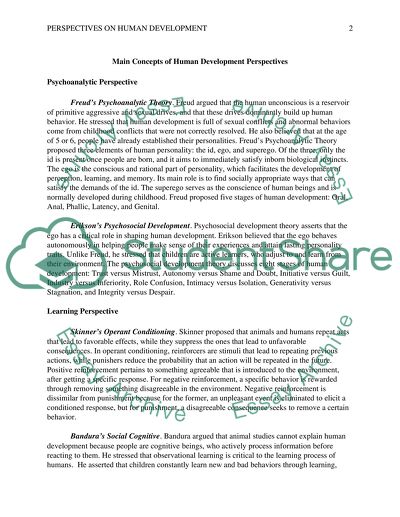Perspective paper Essay Example | Topics and Well Written Essays - 750 words. Retrieved from https://studentshare.org/psychology/1458384-perspective-paper
Perspective Paper Essay Example | Topics and Well Written Essays - 750 Words. https://studentshare.org/psychology/1458384-perspective-paper.


